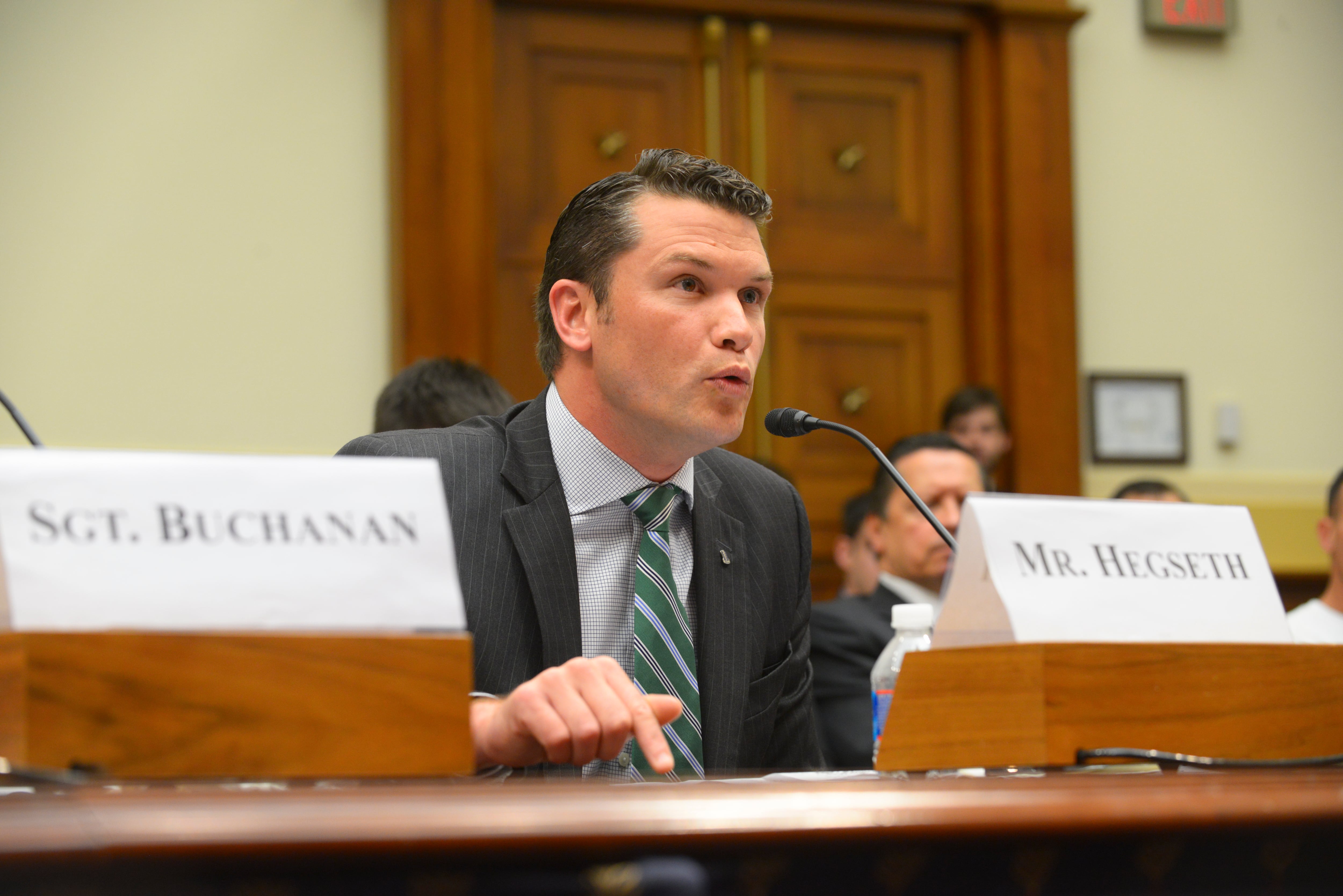President Andrew Jackson and escaped slave Harriet Tubman: two icons of American history soon to be forever linked by the approximate cost of an IMAX movie ticket.
Jackson’s military resume — served in the Revolutionary War, major general in both the Army and the Tennessee militia, led the U.S. over the British in the Battle of New Orleans in 1815 — paved the road to his two-term presidency and his eventual, soon-to-disappear spot on the $20 bill.
Tubman’s time in service is less well-known and far less official, but her military experience during the Civil War is a bona fide part of her legacy. How bona fide? Like many other former service members, she had to fight to get her benefits.
Tubman’s time on the "underground railroad," transporting slaves from south to north through Pennsylvania and Maryland, took place before the Civil War broke out. Despite the secrecy required for such a position, she developed a reputation, one that Massachusetts Gov. John Andrew understood and hoped to use for the war effort.
She would head to South Carolina, according to an official Army piece and other accounts, to help former slaves, many of whom had sought refuge in Union camps with little means of survival. The mission wasn’t entirely altruistic: She reportedly told a confidant she’d been instructed to act as a "spy, scout, or nurse," words attached to a photograph now circulating in the media.
Records of Tubman’s military missions aren’t particularly abundant, but the best-known example comes in the Combahee River Raid, a plan involving about 300 black soldiers that would destroy Confederate supplies, burn a plantation and free hundreds of slaves. Tubman sailed with the unit during the attack and, according to some reports, even sang to the plantation workers, signaling them to escape.
2013 New York Times opinion piece"It’s no exaggeration to say that the Combahee raid was unique in American history," Donnelly's piece reads. "All Union operations in slave territory, especially as the Emancipation Proclamation become well known, yielded the self-liberated by the hundreds. But the Combahee raid was planned and executed primarily as a liberation raid. … That’s how Tubman conceived of it. That, too, is unique — because for the first and only time in the Civil War, or for that matter any American conflict before this century, a woman (and a civilian at that) played a decisive role in planning and carrying out a military operation."
After the war, Tubman settled in Ashburn, New York. She married Nelson Davis, who’d served as a private in G Company, 8th Regiment, of the U.S. Colored Infantry. When Davis died, she received a widow’s military pension of $8 a month; the official Consumer Price Index inflation calculator only goes back to 1913, when $8 was worth about $192 in current currency.
Tubman received no pension of her own for her time assisting Union forces. So, decades before anything resembling the Veterans Affairs Department was in place, she did what many veterans have done — she talked to her congressman.
Rep. Sereno Payne wasn’t just any congressman. He served as majority leader for the Republicans in the House for more than a decade. His 1898 letter to the chairman of the Committee on Invalid Pensions in support of Tubman’s claim clearly held sway.
(It also had a few phrases unlikely to appear in modern-day congressional communications. Chief among them: "I know her personally, and she is a most interesting old colored woman." Runner-up: "I thought it better to introduce a bill for the increase of her pension, that she might have the enjoyment of it for the remainder of her life, which certainly, in the course of nature, cannot last long.")
Tubman’s death in 1913 at age 93 likely exceeded Payne’s expectations, longevity-wise. She received military honors at her funeral.
And from 1899 on, thanks to an act of Congress signed by President McKinley, she received an increased monthly military pension. The initial House bill requested $25 a month. A Senate report on the bill found such a figure would create "a new avenue for pension increases" and suggested the lower amount that would go into the final law.
That amount: twenty dollars.
Kevin Lilley is the features editor of Military Times.






